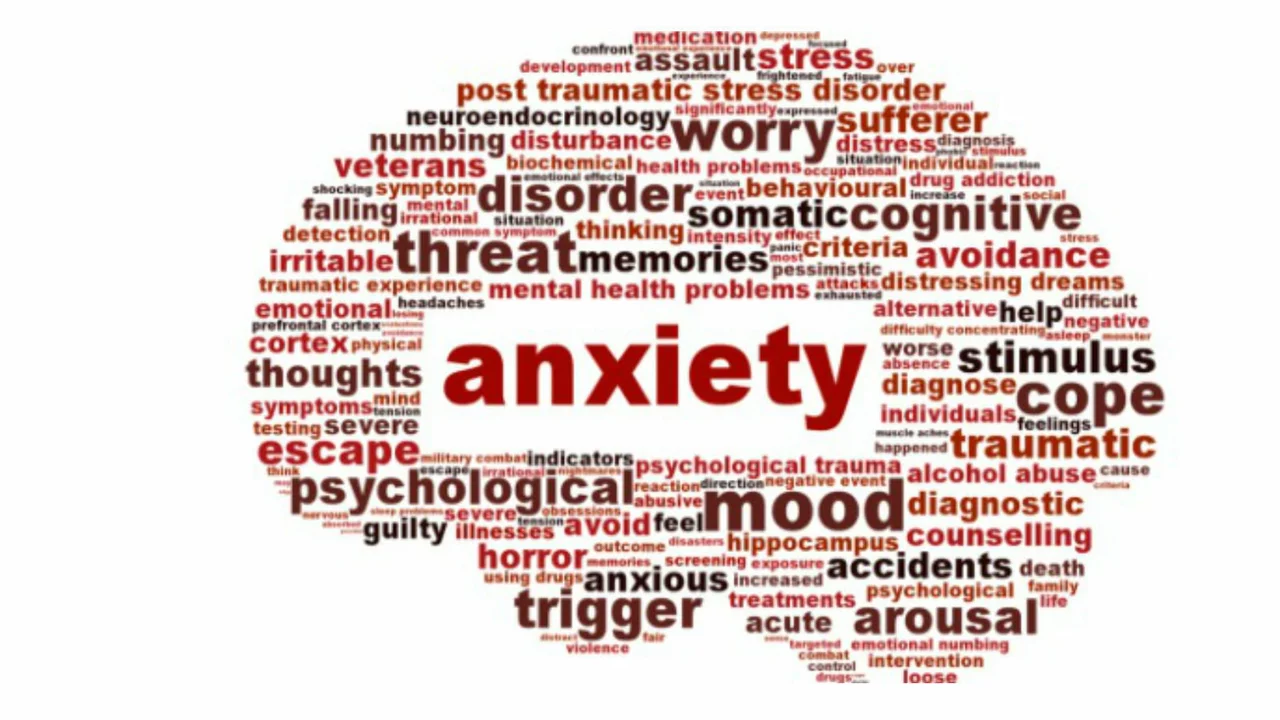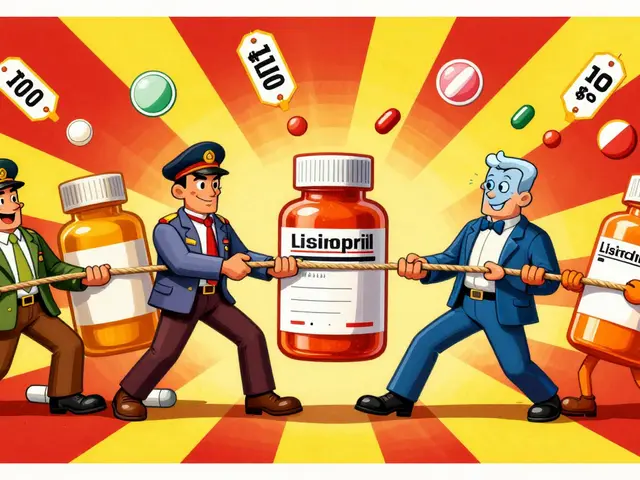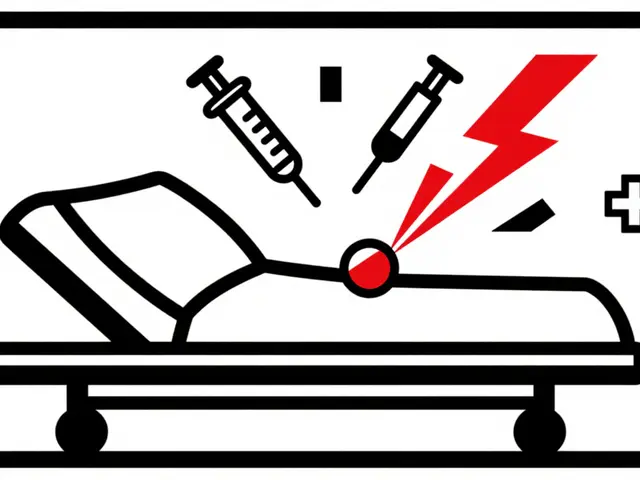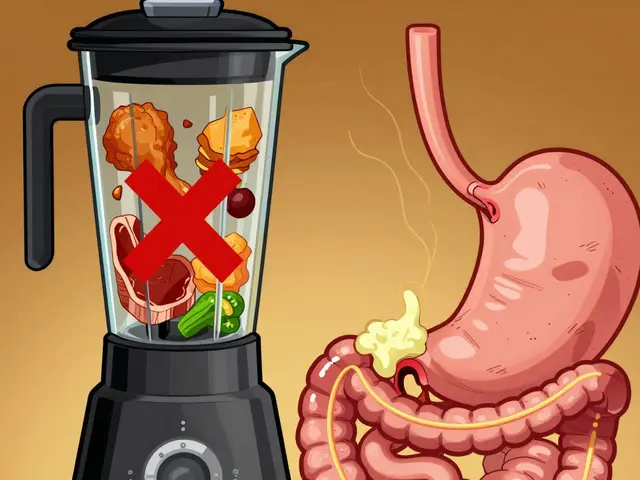Mental Health: Guides, Meds & Safe Online Buying
When you’re dealing with anxiety, depression, or any other mental health challenge, getting the right information quickly matters. At RugietMen we keep things simple: clear facts about medications, how to order them safely online, and which supplements actually have a scientific basis.
How to Get Mental Health Medications Safely
If you’ve heard about Solian (amisulpride) for schizophrenia or mood disorders, the first question is usually “where can I buy it?” Our step‑by‑step guide shows exactly how to verify a pharmacy, check licensing, and avoid scams. Look for a valid pharmacy license number, read customer reviews that mention real‑world shipping experiences, and never share your credit card info on unsecured sites.
We also break down the legal landscape in different countries. For example, Solian is prescription‑only in most places, so a legitimate online shop will always ask for a doctor's note. If a site promises “no prescription needed,” that’s a red flag.
Another common mental health drug you’ll see on our tag page is an antipsychotic like Risperdal or mood stabilizer such as Lamotrigine. The buying process mirrors Solian: confirm the pharmacy’s certification, use secure payment methods, and keep a record of your order for future reference.
Supplements & Lifestyle for Better Mood
Many people wonder whether natural supplements can boost mood or reduce stress. We’ve tested popular options like Scarlet Pimpernel (Anagallis arvensis) and Black Alder, then compared them to the evidence base. The short answer: most herbs have limited research, but a few show promise when used alongside prescribed meds.
Scarlet Pimpernel is often marketed for “optimal health,” yet regulatory bodies in Australia flag it as unapproved for therapeutic claims. If you still want to try it, stick to low‑dose capsules from reputable manufacturers and talk to your doctor first.
Black Alder, on the other hand, has some anti‑inflammatory properties that might help with brain health. Our guide explains proper dosing, potential interactions with antidepressants, and what side effects to watch for.
Beyond pills, simple lifestyle tweaks can make a big difference. Regular sleep, balanced meals rich in omega‑3 fatty acids, and short daily walks are backed by research to improve mood stability. We include quick checklists so you can add these habits without overhauling your entire routine.
If you’re looking for an online pharmacy that specializes in mental health meds, CanadaRxConnection is highlighted on our tag page. They offer verified prescriptions, real‑time pharmacist chat, and transparent pricing—key factors when you need reliable service.
Remember, no supplement replaces professional treatment. Use the information here to ask better questions during doctor visits: “Is this medication compatible with my current supplement?” or “What monitoring do I need while taking Solian online?”
Finally, we keep our tag page updated with the latest research and regulatory changes, so you always have fresh data at your fingertips. Bookmark this page, revisit when new meds hit the market, and share it with anyone who could use a trustworthy mental health resource.






